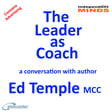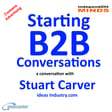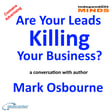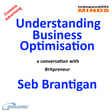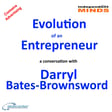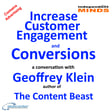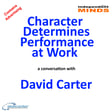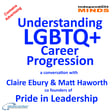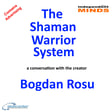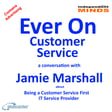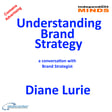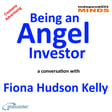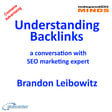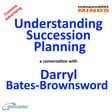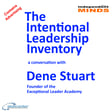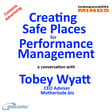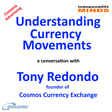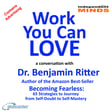
Do Good While Doing Well – a conversation with angel investor and author Marcia Darwood
Marcia Darwood is an Angel Investor, and the host of the Angel Next Door podcast.
Marcia is also the author of Do Good Whie Doing Well a book in which she explains what angel investors do and how ordinary people can become angel investors.
It is important to remember that angel investors make investments in companies and that these investments are not always successful. If this episode of The Independent Minds inspires you to get involved in angel investing, please consult a qualified financial advisor before making any investments.
In this episode of the Abeceder podcast The Independent Minds, Marcia demystifies the process of early-stage investments that angel investors get involved in.
Marcia shares with host Michael Millward how and why she became an angel investor.
Marcia also candidly discusses the pros and cons of being an angel investor and what has motivated her investment decisions. It is not always about making money.
You will leave this podcast appreciating the important role that angel investors play in facilitating company growth, and understanding the processes involved in becoming an angel investor and making investment decisions.
More information about Marcia Darwood and Michael Millward is available at abeceder.
The Independent Minds is made on Zencastr, because as the all-in-one podcasting platform, Zencastr really does make creating content so easy.
If you would like to try podcasting using Zencastr visit zencastr.com/pricing and use our offer code ABECEDER.
Travel
Marcia is based in New York NY USA. With discounted membership of the Ultimate Travel Club, you can travel to the USA, or anywhere else at trade prices on flights, hotels, trains, and many more travel related purchases.
Fit For Work Look after your health and you will be fit for work.
It is important for entrepreneurs maintain good mental and physical health. That is why we recommend The Annual Health Test from York Test; a 39-health marker Annual Health Test conducted by an experienced phlebotomist Hospital standard tests are carried out in a UKAS-accredited and CQC-compliant laboratory.
A secure Personal Wellness Hub provides easy-to-understand results and lifestyle guidance
Visit York Test and use this discount code MIND25.
Three the network Visit Three for information about business and personal telecom solutions from Three, and the special offers available when you quote my referral code WPFNUQHU.
Being a Guest
We recommend that potential guests take one of the podcasting guest training programmes available from Work Place Learning Centre.
We use Matchmaker.fm to connect with potential guests If you are a podcaster looking for interesting guests or if you have something interesting to say Matchmaker.fm is where great guests and great hosts are matched and great podcasts are hatched. Use our offer code MILW10 for a discount on membership.
We appreciate every like, download, and subscriber.
Thank you for listening.
